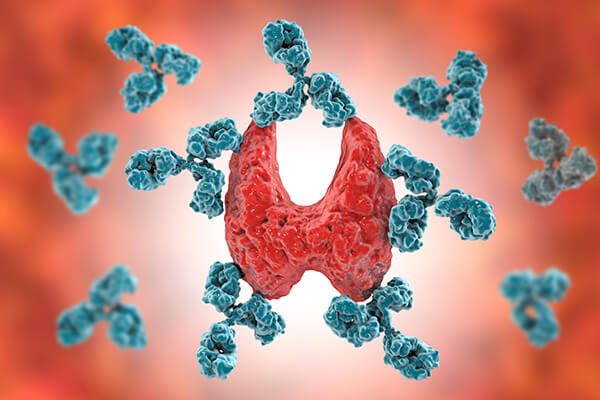 Autoimmune disorders are a group of conditions in which the immune system, which is designed to protect the body from harmful invaders such as bacteria and viruses, mistakenly attacks its own cells and tissues. In autoimmune disorders, the immune system cannot distinguish between healthy cells and foreign substances, leading to inflammation, tissue damage, and a variety of symptoms.
Autoimmune disorders are a group of conditions in which the immune system, which is designed to protect the body from harmful invaders such as bacteria and viruses, mistakenly attacks its own cells and tissues. In autoimmune disorders, the immune system cannot distinguish between healthy cells and foreign substances, leading to inflammation, tissue damage, and a variety of symptoms.
There are numerous autoimmune disorders, and they can affect almost any part of the body. Some common autoimmune disorders include:
Rheumatoid Arthritis (RA): An autoimmune condition that primarily affects the joints, causing inflammation, pain, and joint damage.
Systemic Lupus Erythematosus (SLE): A chronic autoimmune disease that can affect various organs and tissues, leading to symptoms such as joint pain, skin rashes, and fatigue.
Type 1 Diabetes: An autoimmune condition in which the immune system attacks and destroys the insulin-producing cells in the pancreas, leading to insulin deficiency and high blood sugar.
Multiple Sclerosis (MS): An autoimmune disease that affects the central nervous system, leading to the destruction of the protective covering (myelin) around nerve fibers.
Hashimoto’s Thyroiditis: An autoimmune disorder that targets the thyroid gland, causing inflammation and leading to hypothyroidism (underactive thyroid).
Graves’ Disease: An autoimmune disorder that affects the thyroid gland, resulting in excessive production of thyroid hormones and hyperthyroidism (overactive thyroid).
Inflammatory Bowel Diseases (IBD):
- Crohn’s Disease: An autoimmune condition that causes inflammation in the digestive tract, leading to abdominal pain, diarrhea, and other symptoms
- Ulcerative Colitis: An autoimmune disorder characterized by inflammation and ulcers in the colon and rectum.
Psoriasis: An autoimmune skin disorder that leads to the rapid buildup of skin cells, causing red, scaly patches.
Celiac Disease: An autoimmune disorder triggered by the consumption of gluten, leading to damage to the small intestine and impaired nutrient absorption.
Addison’s Disease: An autoimmune condition affecting the adrenal glands, resulting in insufficient production of cortisol and aldosterone.
The exact cause of autoimmune disorders is not fully understood, but they are believed to involve a combination of genetic and environmental factors. These conditions are often chronic and can significantly impact an individual’s quality of life.

